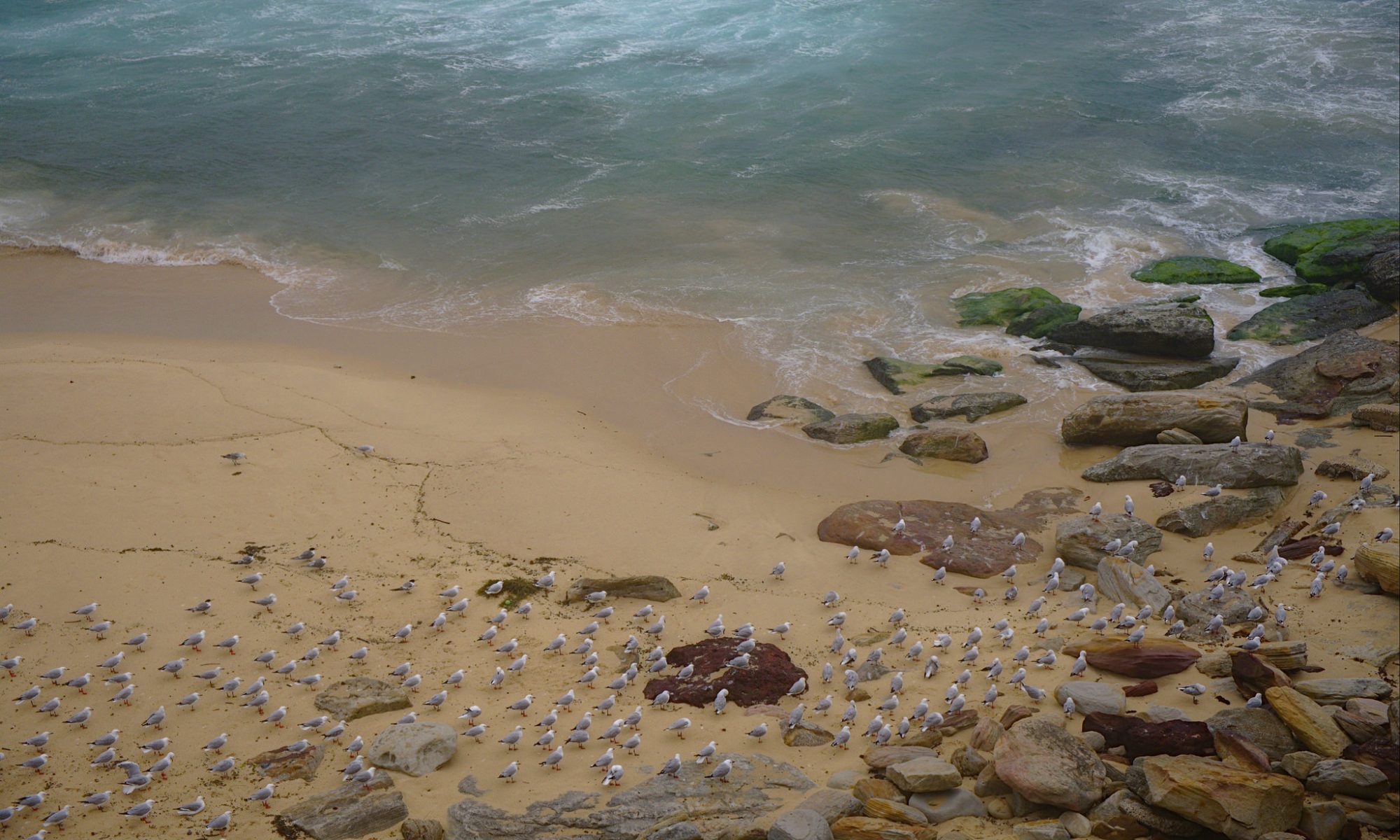In January 2009 I gave a talk at the LinuxChix miniconf held as part of linux.conf.au 2009. It was titled ‘Starting Your Free Software Adventure’ and used women developers and community leaders as examples. The idea was to show people what the first steps look like. I conducted (extremely short) email interviews of several women involved in Free Software or Culture or their communities, including Kristen Carlson Accardi, Brenda Wallace and Terri Oda among others.
One thing stood out and kept coming up all week: Terri mentioning that she had resisted at times working on things perceived as ‘girl stuff’. In Free Software this includes but is not limited to documentation, usability research, community management and (somewhat unusually for wider society) sometimes management in general. The audience immediately hit on it, and it swirled around me all week.
This is a perennial problem for professional women: software development is by no means unique in having developed a hierarchy that goes from high status roles disproportionately occupied by and associated with men to somewhat lower status roles disproportionately occupied by and associated with women. (In the case of software, disproportionately occupied by women
still means male dominated of course, at least in the English-speaking world.) It’s difficult to disentangle the extent to which women and/or their mentors and teachers self-select for the lower status roles (and I would hardly argue that the self-selection occurs in a vacuum either) versus the extent to which they are more or less barred from high status roles versus the extent to which the association is actually flipped and professions and jobs within them have become low status because women started doing them. Other well-known examples, are, for example, the concentration of women in biological sciences as opposed to, say, physics, the different specialisation choices of male and female medical doctors and surgeons, and so on. Sometimes, as in the war between sciences, the status of a field is somewhere between a joke and real, to the extent that those can be differentiated, but often it isn’t: there’s a correlation between the male to female ratio of a medical specialty and its pay.
In all of these cases, a woman who is conscious of this problem tends to face a choice. Do the ‘girl stuff’, or not? (Of course, ideally one rejects the dichotomy, but no individual woman is responsible for constructing it.) And some, although I don’t know what proportion, of women feel guilty about their choice, especially if they do choose to do girl stuff. Just go ahead and imagine your own scare quotes from now on, by the way.
It also gets messy in various other ways. There’s the extent to which a woman who doesn’t do girl stuff is invested in maintaining the status of her boy stuff role and also the aforementioned vicious cycle where if women are doing something, it will come to be seen as not particularly hard or noteworthy.
Most concretely, I usually see this tension bubble away underneath outreach programmes promoting computing careers (you know what, I have my own status issues and I still resist calling it IT
) to women. There’s the people who want to go for yeah we all know coding is populated by weirdos, and male weirdos at that, luckily you don’t have to be a geek and you don’t have to code, phew!
I tend to hear about that one only once my outreach friends have gotten involved and staged a coup, admittedly. There’s the there’s so many opportunities in computing, and yes, coding is one of them and its fulfilling and it’s something you can do, but dammit, coders get all the cred and attention and dammit can we talk about something else? Women who admin/write/test/manage rock!
And there’s you know, women coders don’t exactly rule the world yet, and furthermore isn’t all this oh-yes-you-could-code-I-guess-and-that’s-a-fine-thing but look! something for folks with people skills!
talk basically a soft version of ew coding that’s for boys, also, last I checked, math is hard
?
I observe again that there’s no right answer here in the real world right now. Women doing girl stuff have good reasons to feel dissatisfied that their hard-won skills are underpaid and under-respected, women doing boy stuff (scare quotes! please insert!) want other women to know that there’s fun to be had over here, thank you.
One crucial point in my thoughts about this I stumbled on only after the conversation Brianna Laugher recounts, over Indian food on the Friday night (the location of all major conference breakthroughs worldwide). She said”Š”””Šparaphrased”Š”””Šthat she didn’t feel that she should have a problem or be criticised for doing what she is good at, or what’s so desperately needed in her communities, and have to be just another coder in order to be fully respected. And I said that while this was certainly true, women also need to have the opportunity, to give themselves the opportunity, to be selfish
: if we want to code, or do something else we are currently either bad at or not notably good at, or for that matter which we are good at but in which we’d have competitors, we should consider doing that, rather than automatically looking for and filling the space that is most obviously empty. However women are justifiably reluctant to enter places where they aren’t obviously welcomed, and what better way to be welcomed than to do work that needs doing and not become just another person doing the coding free-for-all and delaying external validation for potentially quite a long time?
I have no answers. Just the perennial question of distinguishing what other people want, what other people claim they want, the genuine satisfaction of being of service to someone, and the genuine satisfaction of knowing you’ve done a good job of something hard. Where do you like to stand on that?
